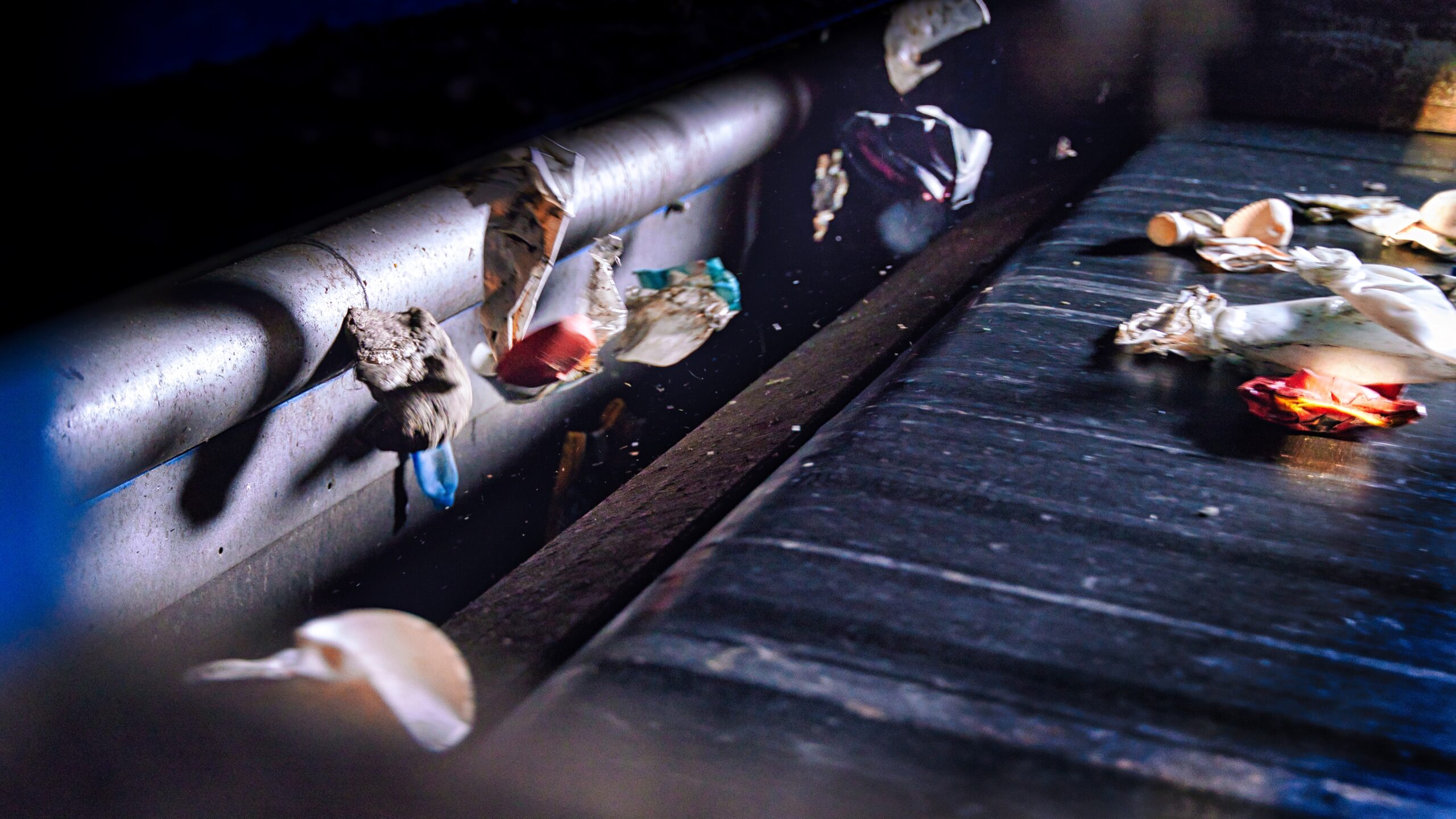New report proves cost-competitiveness of Material Recovery and Biological Treatment-based approaches for mixed waste treatment

Brussels, 13 April 2023
A new report by Zero Waste Europe (ZWE) demonstrates how Material Recovery and Biological Treatment (MRBT) systems are a cost-effective approach to treating (leftover) mixed waste.
This study on “Nothing left behind: modelling Material Recovery and Biological Treatment’s contribution to resource recovery and fighting climate change”, done by Equanimator, focuses on this technology which combines the use of advanced sorting systems applied to mixed waste (to extract additional material for recycling) with biological treatment of the remaining residual waste aimed at stabilising the waste before its being landfilled.
The study modelled MRBT systems at two scales: 100 thousand tonnes (100kt), and 200 thousand tonnes (200kt). These were further modelled in two scenarios: lower cost EU Member States and higher cost EU Member States.
The study found that MRBT costs are lower than costs for incineration, with MRBT becoming even more compelling once incinerators are included in the EU Emissions Trading System (ETS):
- The costs for the MRBT facilities are in the range of €97-€123 per tonne for the 100kt system, and €76-€96 per tonne for the 200kt system (1).
- MRBT systems require relatively little capital commitment. These vary between €296-€377 per tonne/year for the 100kt facility and 242-304 for the 200kt facility. These are well under half what would be expected for an incineration facility (2).
The study also demonstrated the benefits of MRBT for extracting plastics for recycling from mixed waste:
- When comparing the costs of extracting plastics from mixed waste with those paid under extended producer responsibility schemes (EPR), the former is very competitive at the 100kt scale (226- 550 €/tonne) and becomes one of the lower-cost means of accessing plastics for recycling at 200kt scale (32-210€/tonne).
Janek Vähk, ZWE’s Climate, Energy, and Air Pollution Programme Coordinator, states: “We have a climate crisis and EU funds should be used to implement MRBT across Europe. These systems must be considered by all EU countries to comply with their circular economy commitments. This report shows that MRBT works, it’s cost-effective, and it brings us closer to our zero emissions target – it’s effectively a proof of concept, so let’s make sure we use it everywhere to address the climate emergency.”
Dominic Hogg, Director at Equanimator, adds: “The relevance of MRBT systems at a global level is potentially enormous both in terms of energy and greenhouse gas (GHG) saving associated with materials recycling but also because of its potential of zero methane landfilling. We really should be doing it everywhere”.
The key results of the report were previewed at the “Mixed Waste Sorting: The next frontier for the circular economy” conference on 21 March 2023.
ENDS
Notes for editors:
As specified in a previous ZWE report, MRBT brings about relevant benefits in terms of minimisation of GHGs from the management of leftover mixed waste, it secures compliance with the obligation to pretreat waste before landfilling, and at the same time avoids any lock-in and keeps operational flexibility in the system, to keep working on reduction, reuse and recycling.
MRBT have the potential to manage mixed waste in a responsible manner and at an acceptable cost. It offers a flexible system to extract additional materials for recycling while eliminating methane from landfills and avoiding CO2 from incineration of fossil-based materials, such as plastics and synthetic textiles.
Press Contacts:
- Janek Vahk, Climate, Energy, and Air Pollution Programme Coordinator at Zero Waste Europe, [email protected]
- Ana Oliveira, Head of Communications at Zero Waste Europe, [email protected]